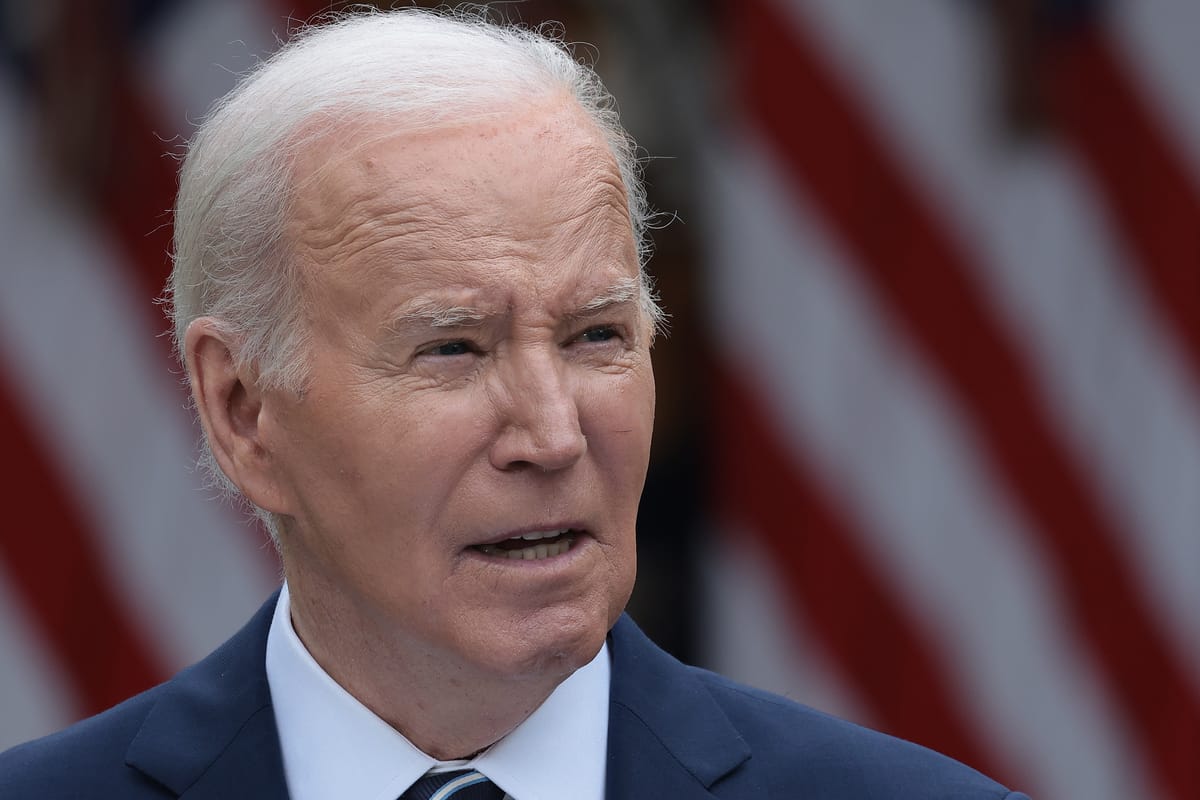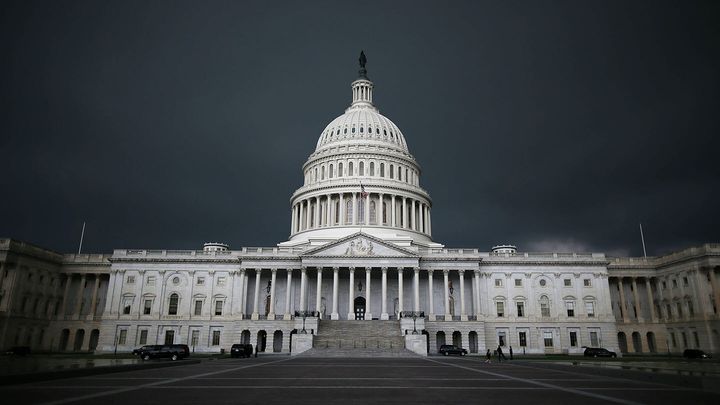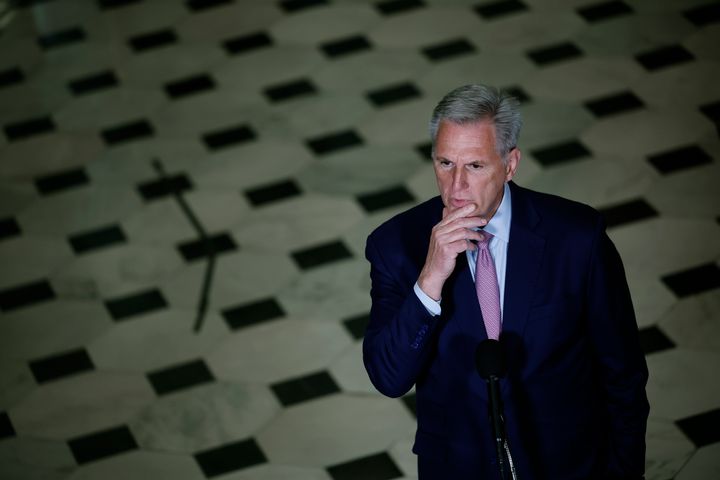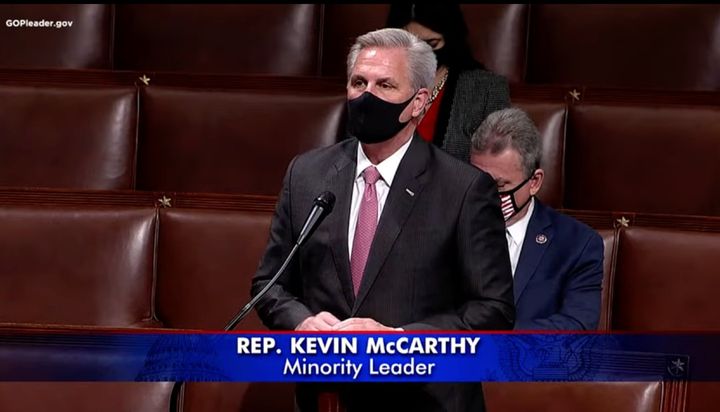The four nonprofits tied to the highest-ranking Democrats and Republicans in Congress have in recent election cycles been among the largest spenders on congressional elections, but they are not required to disclose their donors so almost no one knows from where the bulk of their funding has come.
However, more large American companies have begun voluntarily disclosing their political donations due to pressure from shareholder activists, and some are disclosing money they give to so-called “dark money” 501(c)(4) nonprofits that do not disclose their donors. By reviewing hundreds of corporate disclosures, lobbying contribution filings, and other documents, Sludge has identified more than two dozen companies that have donated to the nonprofits linked to congressional leaders, either directly from their corporate treasuries or through their PACs.
The four nonprofits are Majority Forward, a pro-Senate Democrat nonprofit with ties to Senate Majority Leader Chuck Schumer (D-N.Y.); One Nation, a pro-Senate Republican nonprofit with ties to Senate Minority Leader Mitch McConnell (R-Ky.); House Majority Forward, a pro-House Democrat nonprofit with ties to House Minority Leader Hakeem Jeffries (D-N.Y.); and American Action Network, a pro-House Republican nonprofit with ties to House Speaker Kevin McCarthy (R-Calif.).

These dark money groups have spent hundreds of millions of dollars on TV and digital ads that attempt to influence voters regarding congressional races, and they have transferred millions to their sister super PACs to buy ads. For example, the pro-Republican One Nation nonprofit spent at least $40 million on election ads in the 2020 election cycle and donated more than $85 million to the Mitch McConnell-aligned super PAC Senate Leadership Fund that cycle. One Nation’s Democratic counterpart, Majority Forward, has given more than $111 million to the Schumer-aligned SMP super PAC since 2020, according to Federal Election Commission records. The four super PACs affiliated with the dark money groups were the top outside spenders on elections last cycle, according to OpenSecrets, making a combined $842 million in independent expenditures and flooding the airwaves with campaign ads.
These nonprofits are not really independent groups. Rather, they operate as special accounts for their affiliated super PACs that allow them to take donations without being subject to the transparency requirements of PACs. The four nonprofits share the same address with their sister PACs, and have many of the same staff members. The groups also typically use many of the same vendors as their super PAC affiliates.




